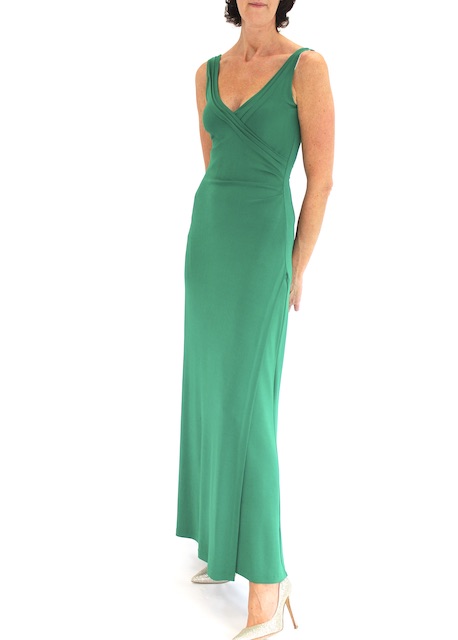


The End of the World Is a Cul de Sac by Louise Kennedy is published by Bloomsbury (£10.49). Jude Cook’s novel Jacob’s Advice is published by Unbound. With their sensitivity to people’s vulnerabilities and failings, and their sharpness of imagery, these 15 taut tales recall Annie Proulx at her best: salty, wise, droll and keen to share the lessons of a lifetime. And in “Brittle Things”, a mother tries tenderly to encourage her nonverbal autistic son to speak, while her husband lives in denial: “She fretted now that Ferda’s first words, if they ever came, would be words against his father.” It’s an intensely moving story, simultaneously poignant and defiant a diamond amid the collection’s many jewels. She finds herself “talking incessantly: a running commentary on what they were doing … the important words were still unsaid”. In “Powder”, a widow takes her late husband’s American mother on a tour of Ireland in a rented Nissan, the mission to scatter his ashes. A pregnant woman accidentally witnesses her husband commit adultery with an agricultural science student in the lambing shed, shattering her sense of self-worth while in another story a man shoots a hare that he knows his partner adores: “There was a treacly hole at the front of his head, his eyes were hazel and still.”Įlsewhere, words unspoken impose unbearable tensions. In many stories the natural world, with its animal appetites and feral, sexual energy, impinges on the urban. In “Silhouette”, a sister is haunted for decades by a murder committed by her brother during the Troubles, his shoes caked with mud as well as the victim’s blood and hair. When Siobhan blots condensation from the windows with an old towel, the symbolism is clear: it’s the Irish who are left to mop up the mess. In “Hunter-Gatherers”, Siobhan and Sid live in the lodge of a grand house in which England’s colonial influence still lingers.

Marriage, children, mortality and memory are Kennedy’s principal concerns, and she finds truth in the tiniest details, connections and observations, though the weight of Irish history is always palpably present. Louise Kennedy can confidently join their ranks with her dazzling, heartbreaking debut collection, The End of the World Is a Cul de Sac. But alongside these novelists have emerged superbly accomplished short-story writers such as Wendy Erskine and Danielle McLaughlin, whose first published works draw on many years of rich lived experience. I n recent times, the critical focus in new Irish fiction has been on writers who explore millennial dilemmas, such as Sally Rooney and Naoise Dolan.


 0 kommentar(er)
0 kommentar(er)
